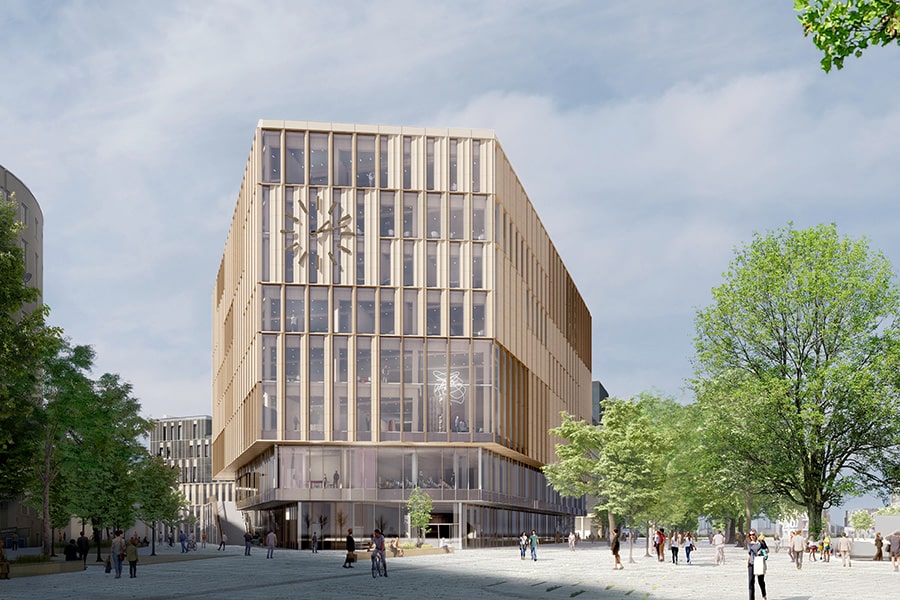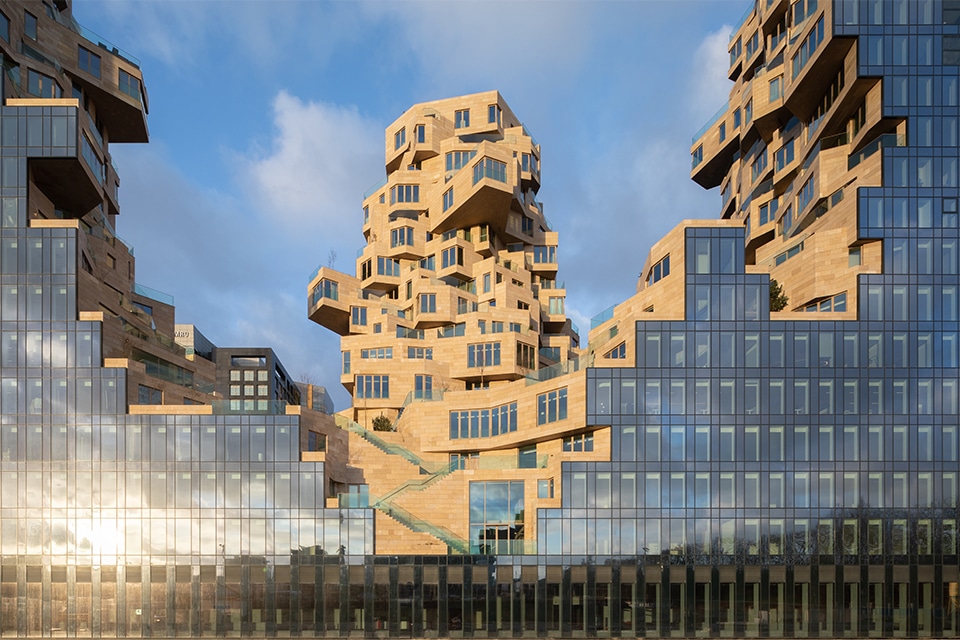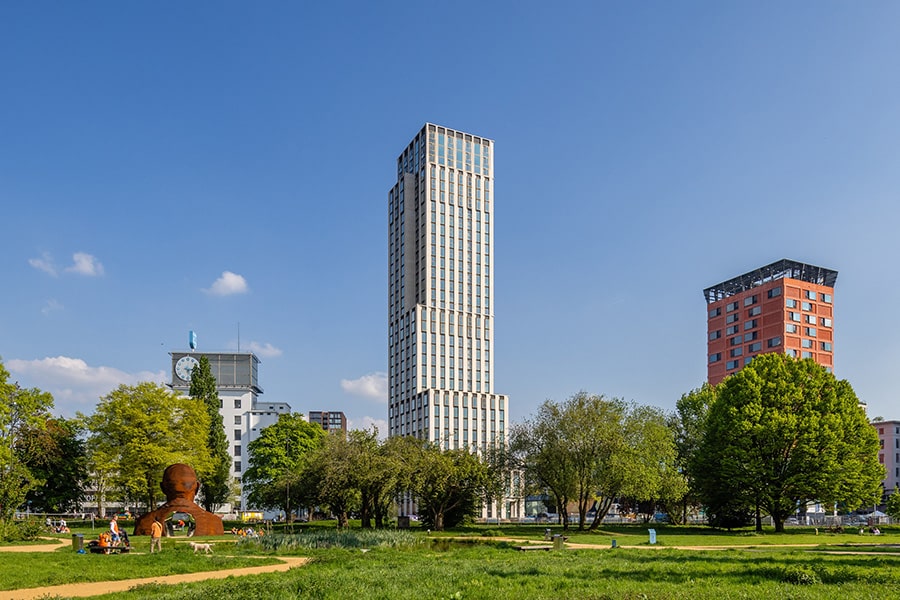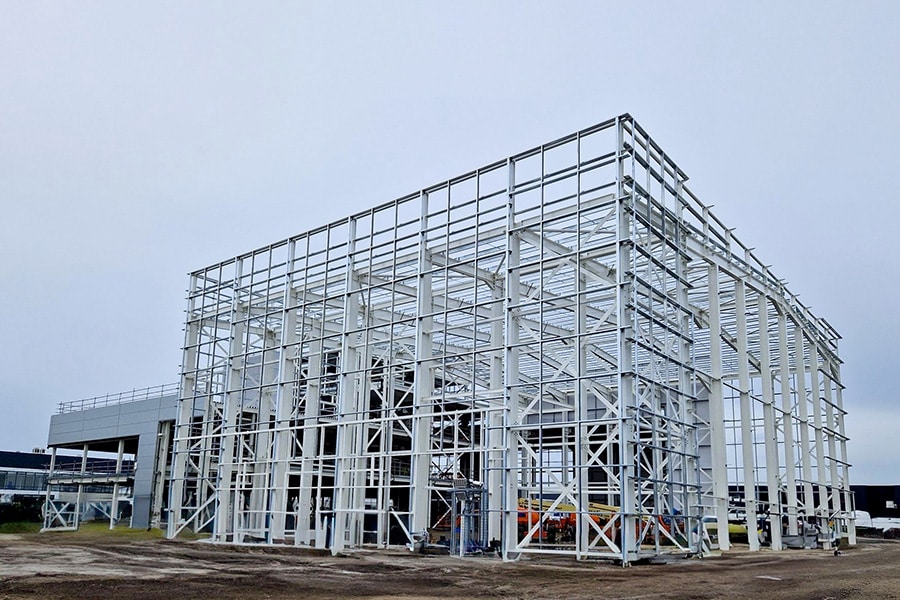
'New regulations unfortunately stand in the way of sustainable developments'
In early January, the new BENG requirements came into effect. While it is fundamentally good to formulate new sustainability goals and provide strict frameworks in doing so, the BENG methodology also has a downside, believes Jan Sier of Hiensch Engineering B.V. "The rules and standards behind the BENG methodology are now so extensive and detailed that the freedom to develop new sustainability concepts is taken away," he says. "This inhibits developments, even though they are desperately needed to meet the challenge of reducing CO2-neutral to become true."
An important BENG requirement according to Sier is that the generation efficiencies of all applied techniques must be supported by a BCRG quality declaration. Drawing up such a declaration takes about six months. Moreover, there are high costs involved. "For a product that you sell hundreds or even thousands of times, this time and cost investment is no problem at all. However, the challenge arises with custom systems. It is impractical to prepare a BCRG statement for every system, even though it is required for the time being. As a result, we see that unique systems are increasingly giving way to standard solutions. And that while precisely in sustainable projects customization is essential."
The balance is way off
According to Sier, collecting, organizing and submitting evidence too often comes at the expense of devising and investing in sustainable concepts. "For Hiensch Engineering B.V. itself, the BENG regulations mainly concern energy labels. All new homes and offices in the Netherlands are required to be delivered with an energy label. This is also a good development in principle. However, the burden of proof that must be provided for this, including specifications, photos and invoices, requires too many administrative hours. The balance between time spent, costs and actual sustainability measures is therefore hard to find. One consequence of this is that we now have to use employees who normally develop and engineer new concepts as administrators. After all, the burden of proof is necessary to deliver the homes and offices. The certified BENG employee is responsible for this. That can't be the intention, can it?"

Among other things, Sier says, the energy transition and rapid increase in the number of all-electric generation systems illustrates the need for new, sustainable concepts. "Both residential and office buildings are increasingly using heat pumps to generate heat and cold. This electrification creates a bottleneck in the Dutch utility infrastructure. Although we have large solar panel fields and wind farms, our energy network cannot yet handle their power outputs. On both the supply and demand side, we are facing enormous bottlenecks, which can be solved (operationally) extremely well. For example, by developing customized energy systems. Unfortunately, these concepts are not (yet) valued in any way in the BENG system. And our legislation is also insufficiently prepared for this. According to the Heat Act, we may construct and operate local systems for heat and cold generation, but the Electricity Act does not allow this for the supply of electricity."
Pilot projects to raise awareness
If you want to enable the transition to a sustainable and all-electric built environment, the development of local energy systems is necessary, according to Sier. "We should no longer want to transport everything via the national infrastructure; it is insufficiently suited for this. To raise awareness in this area, we participate in think tanks, for example. In Amsterdam, we are also in talks with the municipality and its sustainability experts to deviate from current regulations on the basis of pilot projects. For example, we now have a project underway in which exemption from the Electricity Act is being requested. With this we want to show that there are very good and sustainable solutions available. But also what these solutions entail and what it takes to implement them successfully. Because the possibilities are there. Now we just need the right regulations and BENG rating."
About Hiensch Engineering B.V.
Hiensch Engineering B.V. is a leading and independent consultancy firm for installations and sustainability. With great commitment, passion and knowledge of systems and technology, together with clients and construction team partners, we work on innovative installation concepts and sustainable solutions in our built environment. Besides the welfare and wellbeing of people, quality, energy and sustainability are paramount.




